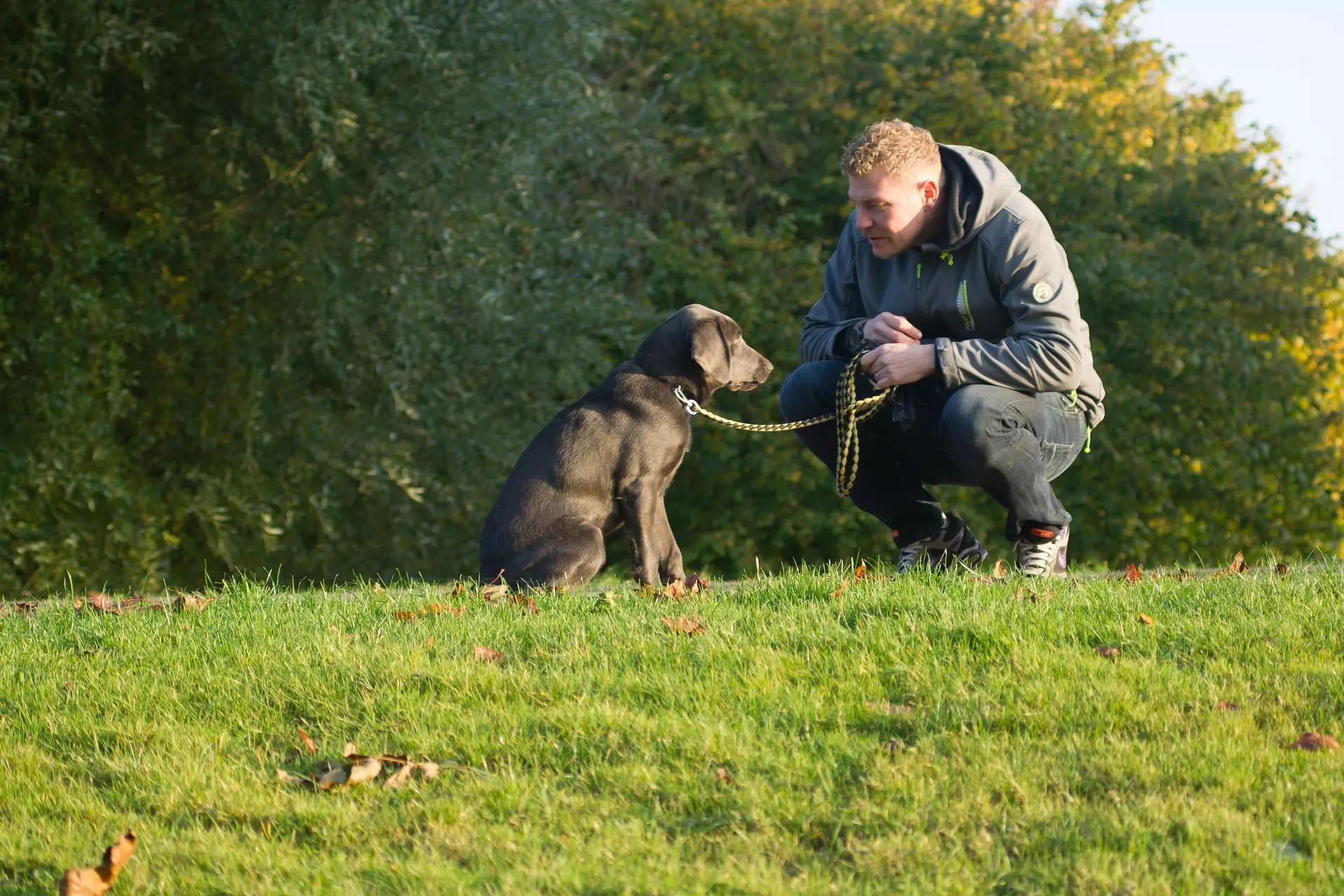
Dogs aren't that smart. They always think that the knock at the door is for them when never, in the entire history of dogs, has that ever been the case. They regularly walk into bus shelters, confuse lamps for people and can't tell when if a human has thrown a ball or not.
Well, that might just be my dog, but still - there are no dogs in MENSA, that's for sure. According to scientists, however, they might be a little smarter than we had previously thought.
A group of researchers at Eotvos Lorand University in Budapest, Hungary, have studied language and behaviour in relation to dogs and found that they do actually know what you're saying, the New York Time reports.

"Both what we say and how we say it matters to dogs," said Attila Andics, one of the scientists responsible for the research.
Advert
"It shows that for dogs, a nice praise can very well work as a reward, but it works best if both words and intonation match.
"So dogs not only tell apart what we say and how we say it, but they can also combine the two, for a correct interpretation of what those words really meant."
Andics and his team performed an experiment with the rather prosaic name of 'Neural mechanisms for lexical processing in dogs', aka finding out whether dogs actually listen to you or just interpret what you mean from your tone of voice.
Strap in for some SCIENCE TALK. "Using functional magnetic resonance imaging, we explored whether and how dog brains segregate and integrate lexical and intonational information," wrote the researchers.
Advert
"We found a hemispheric bias for processing meaningful words, independently of intonation; an auditory brain region for distinguishing intonationally marked and unmarked words; and increased activity in primary reward regions only when both lexical and intonational information were consistent with praise.
"Neural mechanisms to separately analyse and integrate word meaning and intonation in dogs suggest that this capacity can evolve in the absence of language."

For the rest of us: that means that they scanned dogs' brains and checked whether they responded to commands that they knew, regardless of how they were said.
Advert
It turns out that the pups knew the words and responded to them, sparking a reaction in the region of their doggy brains consistent with praise.
Still, my dog Bob will simply guess what it is that you want him to do and run through his meagre repertoire of tricks until he finds out which one gets him a treat.
Ask him to go to his bed and he'll sit, offer a paw to shake, jump up and then bark before finally working out where he sleeps every night.
But, as I said before, Bob isn't the smartest out there.
Featured Image Credit: 20th Century FoxTopics: Interesting, Animals, Dogs